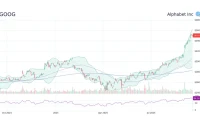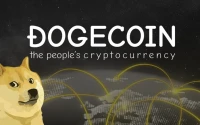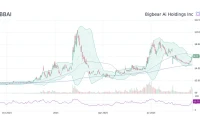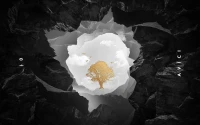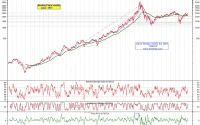Okay, buckle up, folks, because this one's a wild ride. Forget the grainy UFO footage for a minute. Let's talk about canals on Mars. Yeah, you heard me right. Canals. On Mars.
When Wishful Thinking Shapes Reality
Back in the late 1800s, a whole bunch of very serious astronomers became absolutely convinced that Mars was crisscrossed with canals built by a dying alien civilization. Giovanni Schiaparelli, Percival Lowell – these weren't crackpots. They were respected scientists, and they saw canals. Or, well, they thought they saw canals.
Now, before you roll your eyes, think about it: What if the collective belief in those canals, even though they weren't really there, actually changed the course of human history? What if that shared delusion, that yearning for life beyond Earth, sparked something incredible within us?
The article I just read about this is fascinating, and it got me thinking. This wasn't just about a few telescopes pointed at the sky. This was about newspapers sensationalizing discoveries, about the public's hunger for the extraordinary, and about a world on the cusp of technological revolution. It was about how our imagination shapes our reality.
See, Lowell didn't just observe canals; he built a whole narrative around them. A dying Martian civilization, facing ecological collapse, engineered a planet-wide irrigation system to survive. Sound familiar? It's like a sci-fi parable of our own environmental challenges, written a century before we even fully grasped the scale of the problem. And people ate it up.
And here's the kicker: this "Mars Boom," as they called it, wasn't just a scientific curiosity. It fueled everything from H.G. Wells' "War of the Worlds" (which, let's be honest, still gives me the creeps) to Edgar Rice Burroughs' Barsoom series, which in turn inspired a young Carl Sagan. Talk about a ripple effect! When I first read about this, I honestly just sat back in my chair, speechless.
What does it mean when a "false" idea has such a profound impact? Is reality just a collective hallucination? Or is there something more profound at play here?
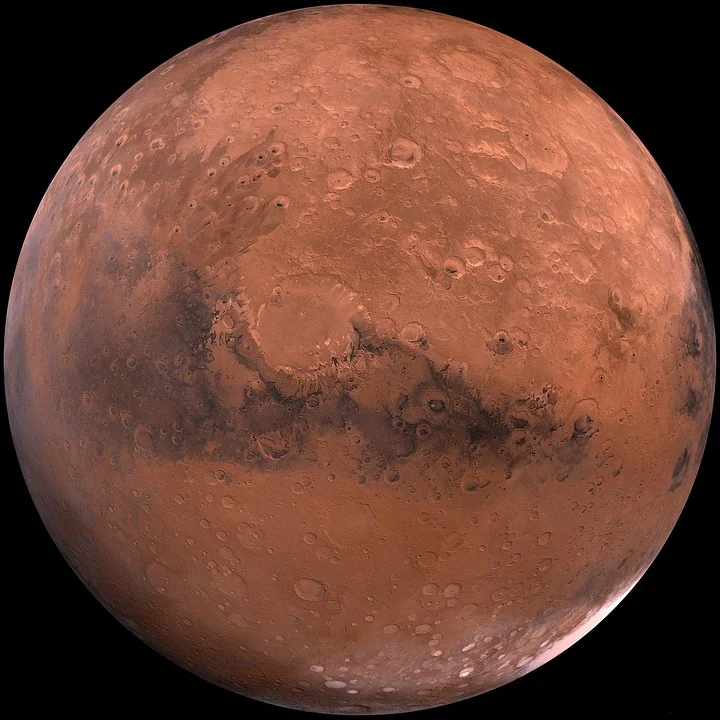
Think about it like this: the belief in Martian canals was like a giant, collective thought experiment. It forced us to confront our place in the universe, to imagine other civilizations, and to ponder our own future. It was a catalyst for innovation, exploration, and, dare I say, hope. It showed us that climate change can accompany the maturation of a technologically advanced civilization, and can also threaten the destruction of that civilization.
And that's the lesson we need to take to heart today.
We're facing our own set of existential challenges, from climate change to artificial intelligence. But just like those 19th-century astronomers, we have the power to shape our future through our imagination, our ingenuity, and our collective will.
What if we channel that same kind of energy, that same sense of wonder and possibility, into solving the problems that face us today? What if we dare to dream big, to imagine a future where technology and humanity coexist in harmony?
I know, I know, it sounds a bit utopian. But isn't that what progress is all about? Isn't it about pushing the boundaries of what's possible, about striving for a better world, even when the odds seem stacked against us?
Of course, with great power comes great responsibility. We need to be mindful of the ethical implications of our technologies, to ensure that they're used for the benefit of all, not just a privileged few. This uses quantum entanglement—in simpler terms, it means two particles are linked instantly, but what are the ethical implications of this?
But let's not let fear paralyze us. Let's embrace the challenge, let's harness our collective imagination, and let's build a future worthy of the dreams of those who came before us. The speed of this is just staggering—it means the gap between today and tomorrow is closing faster than we can even comprehend.
The Future is Written in Our Dreams
The "alien engineers" of the past weren't just figments of our imagination. They were a reflection of our hopes, our fears, and our boundless potential. And if we can learn to channel that potential, to dream boldly and act decisively, then there's no limit to what we can achieve. The future is not something that happens to us; it's something we create.



